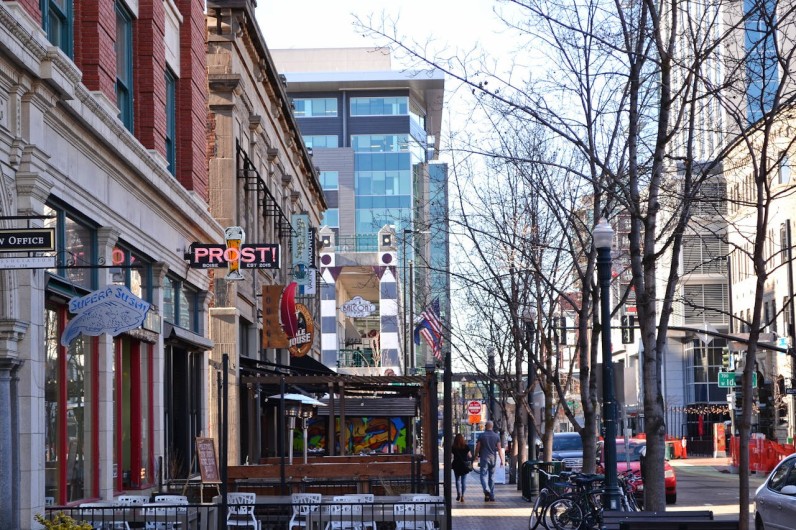
Certain California restaurants may be required to remove additional costs from customers' bills as a result of a new law that prohibits hidden service fees. These obligatory service fees at the bottom of the receipts may range from 4% to 20%.
New Bill to Ban Junk Fees Go Into Effect in July
Junk fees are outlawed under a new rule that takes effect on July 1. These are prevalent in ticket purchases, yet the state attorney general reportedly verified on Tuesday, April 30, that the same rule applies to service fees charged by restaurants.
Based on a previous press release, the bill aims to ban the practice of "drip pricing," in which businesses advertise only a fraction of what a consumer would actually pay for a product or service. It said that the law does not prohibit businesses from establishing prices, but it does govern how those prices are advertised and displayed.
Senators Bill Dodd of Napa and Nancy Skinner of Berkeley are co-sponsors of the measure.
How Will This Affect Consumers and Restaurants?
Although new legislation that is being considered would eventually eliminate hidden fees, it might also compel consumers to bear the expense somewhere else. Experts agree that this can be bad news for both consumers and restaurants.
"We're going to be seeing higher prices, because there's nowhere else these restaurants can put these fees and higher wages in order to maintain these employees," Marcia Gagliardi, restaurant columnist and culinary personality, told CBS News.
Some also worry that the shift might lead to less fair treatment of employees at restaurants.
Laurie Thomas, director of the Golden Gate Restaurant Association, said that restaurants will face a dilemma as they try to maintain salaries while simultaneously attracting and retaining consumers.







Join the Conversation